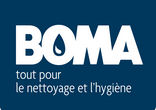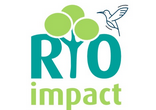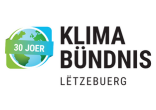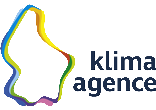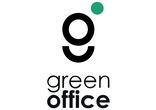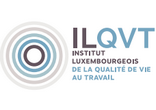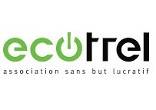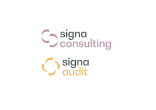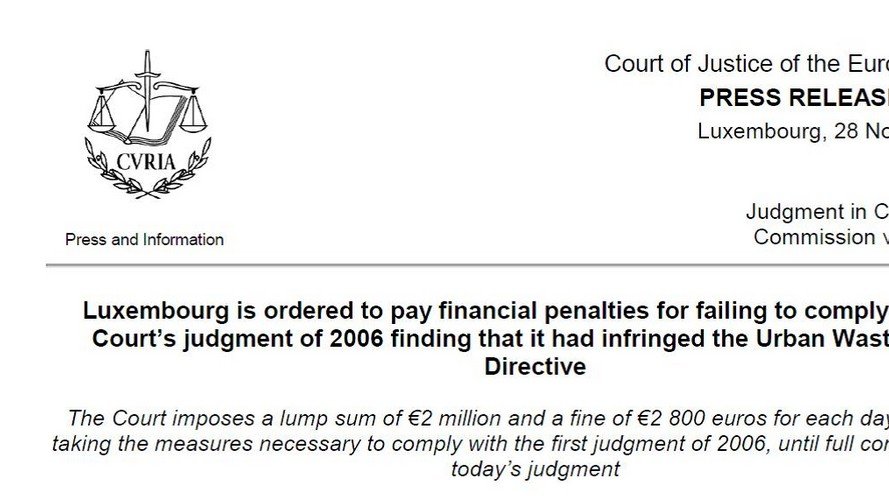
Why Luxembourg is the Europe’s slow learner in regard of wastewater treatment ?
The Grand Duchy of Luxembourg was first sentenced by the Court of Justice of the European Union in 2006 as a result of mismanagements of its waste water. The Luxembourg state has not been able to prove that the minimum percentage of reduction of the overall charge is fulfilled for nitrogen for agglomerations with over 10.000 p.e (population equivalent) : from 11 agglomerations 8 of them didn’t meet the minimum standards of the directive at that time.
Five years later, a new remedy against inaction has been introduced by the Court of Auditors, because 6 of the 8 cities monitored in 2006 do still not meet regulatory requirements ! Knowing that the establishment of a tertiary treatment had to have been set up at the end of 1998 ! Worse yet, no action has been taken by the state to remedy since the first check !
Following the non-execution of the order of 2006, the country is obliged to pay a financial penalty - millions of euros taken from the tax payers ! (http://www.gouvernement.lu/3308993/28-arret-cour-justice)
With regard to water management, the country has also been convicted of multiple offenses for failure to transpose directives within the prescribed period : Directive to establish a framework of environmental liability based on the ’polluter pays’ principle (2009), the Nitrates Directive (2010) and the Drinking Water Directive (2011).
What is more difficult to understand is why the government encounters difficulties to implement compliance requirement and advisories issued from the Auditors in the large amount of time available ? Why all this delay ? And why the financial penalty is preferred rather than do become “naturally” compliant ?
To better understand this problem, it’s important to notice that many discrepancies were noted in the Court report’s, such as the ’legislative’ ones : it should not be forgotten that with regard to the sewage treatment, this one depends mainly on two European directives, The European Directive concerning urban waste water treatment of 1991 and the Water Framework Directive of 2000.
The first one was transposed into national law three years after in 1994 into a Grand Ducal regulation concerning the treatment of urban waste water, and the Water Framework Directive was transposed in national legislation while the deadline was at the end of 2003 at the latest, a delay of 5 years !
In any case, administrative failings do not justify deferment of the transposition of the Directive into national laws. Especially as other countries got it !
Another anomaly noted during the audit was that due to unsuccessful collaborations and indeed even the absence of cooperation among the different partners : under the Grand Ducal Regulation of 2008, the municipalities are the front line of wastewater treatment.
The Grand Ducal quality policy of water protection encourages municipalities to create joint waste management authorities to become more efficient (in theory) to achieve good status of surface water and groundwater goals.
Unfortunately some municipalities do not belong to such associations and they continue to manage their treatment plant as they like. According to the Court of Accounts, even municipalities that joined those associations, they just slumbered the delays.
But the question is, how a country that prides itself about the fast population growth will catch up this considerable delay in the management of its wastewater plants ? It was announced that on 1 January 2016, Luxembourg had 576,249 inhabitants, so 63,896 more than in the 201 ! (http://www.lessentiel.lu/fr/luxembourg/story/13891905)
On the other hand, municipalities are not the only actors, National Waters Administration, Water Management Direction play also a key role in decision-making, such as when subsidies should be granted to the construction projects of a wastewater treatment plants.
Examples have been cited by the Court of Auditors to better support its decision, and more specifically those regarding the construction of a treatment plants. Examples highlighted in the report include that of the Beggen station which took 15 years and that of Mersch who took at least 18 years, the most glaring example is the treatment plant of Heiderscheidergrund which took 40 years of delays ! This administrative rhythm is absolutely not appropriated compared to the flow of new residents and the fast urbanization !
National Water Administration and Water Management Direction were blamed about the problems of non-updating the different files containing data and information such as those dealing with the budgetary and financial monitoring of construction projects. But there are also remarks pointing to the lack of cooperation and for the no-exchange of information, although both public bodies have a key role in the allocation of grants !
Another anomaly regards the committee which is composed by various members from the Ministry of Sustainable Development, of Health, Authorities of the environment ... This committee must meet once a month to decide on various projects funding, committee members say that they don’t always have the necessary information for decision making, and that the backlog of projects without any order ’by order of priority ’or’ importance ’is a real handicap for them.
What is even more shameful is that the auditors seriously doubt if the National Water Agency has at the moment the necessary staff competences to effectively ensure all its tasks !
In fact, the required administrative authorisations and administrative procedures remains another handicap for the realization of projects.
Another important point to discuss besides delays and penalties is that those sanctions concerned the fact that Luxembourg has not complied with the minimum percentage of reduction of the overall load for nitrogen.
Let us recall that the wastewater treatment cycle includes the pre-processing stage which removes insoluble wastes from water, a primary treatment which removes most of the suspended matters, followed by secondary and tertiary treatments to eliminate the organic compounds, a nitrification/denitrification (the conversion of ammonia to nitrates and the conversion of nitrates to nitrogen gas), and phosphorus removal to reduce or prevent the eutrophication, according to the directive the tertiary treatment concerns agglomerations above 10.000 p.e. A fourth step or level is necessary to eliminate micro pollutants, such as drug residues, hormones and pesticides.
The wastewater treatment cycle remains incomplete in Luxembourg.as waste water treatment ends at the tertiary treatment, and does not include the quaternary treatment that aims to eliminate micro-pollutants
According to the European and national legislation all bathing waters in Luxembourg are of good quality but if you read the compliance requirements you will find out that the European Directive 2006/7/EC takes into account only two microbiological parameters : intestinal enterococci and Escherichia coli. On the other hand this directive recommends the creation of a profile of bathing water with identification and evaluation of sources of pollution that might affect bathing waters and bathers’ health. Unfortunately official reports or newspaper articles do not mention the presence of micro pollutants in the bath water. The national monitoring program reveals constantly chemical cocktails in the surface water bodies. In this context it should be pointed to an OECD report published in 2010 pointing Luxembourg’s environmental performance out. This report mentions e.g. the presence of PCBs, xenobiotics of antibiotics, analgesics, hormones in the Alzette.
While other countries are rushing to the implementation of disposal systems of these micro pollutants, such as Switzerland, Luxembourg would have resolved the tertiary treatment in 2027. Hard times are expected again for Luxembourg and future sanctions due incomplete processing cycles in reference to wastewater treatment may still arrive !
Communiqué par Waasser Consulting




